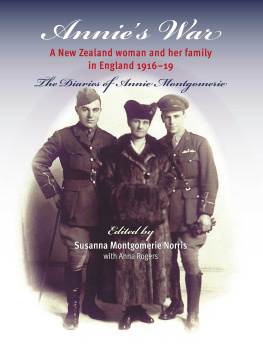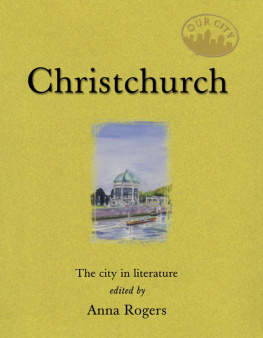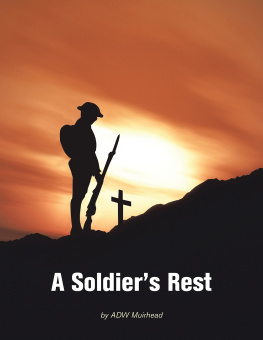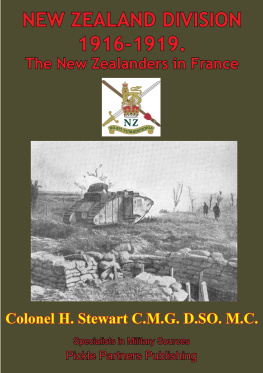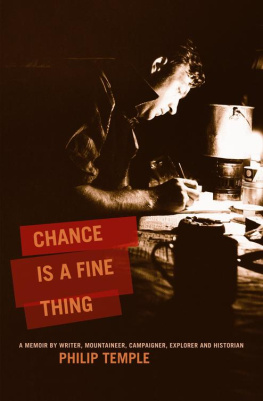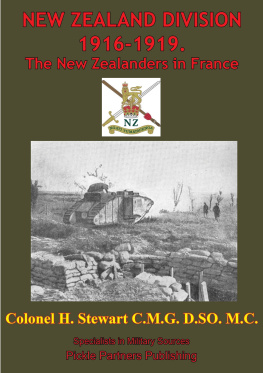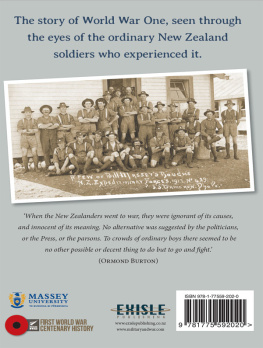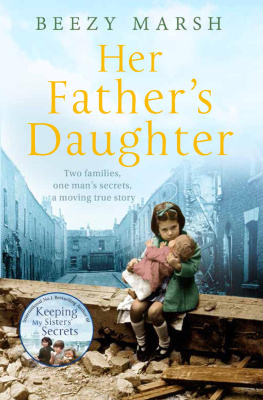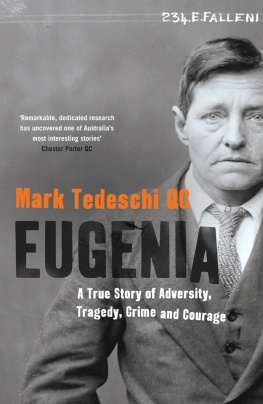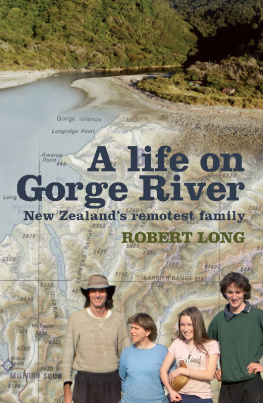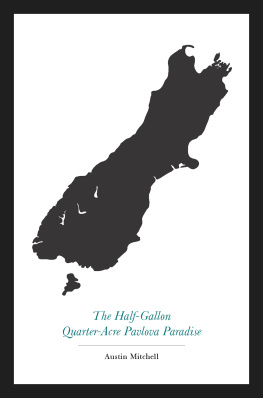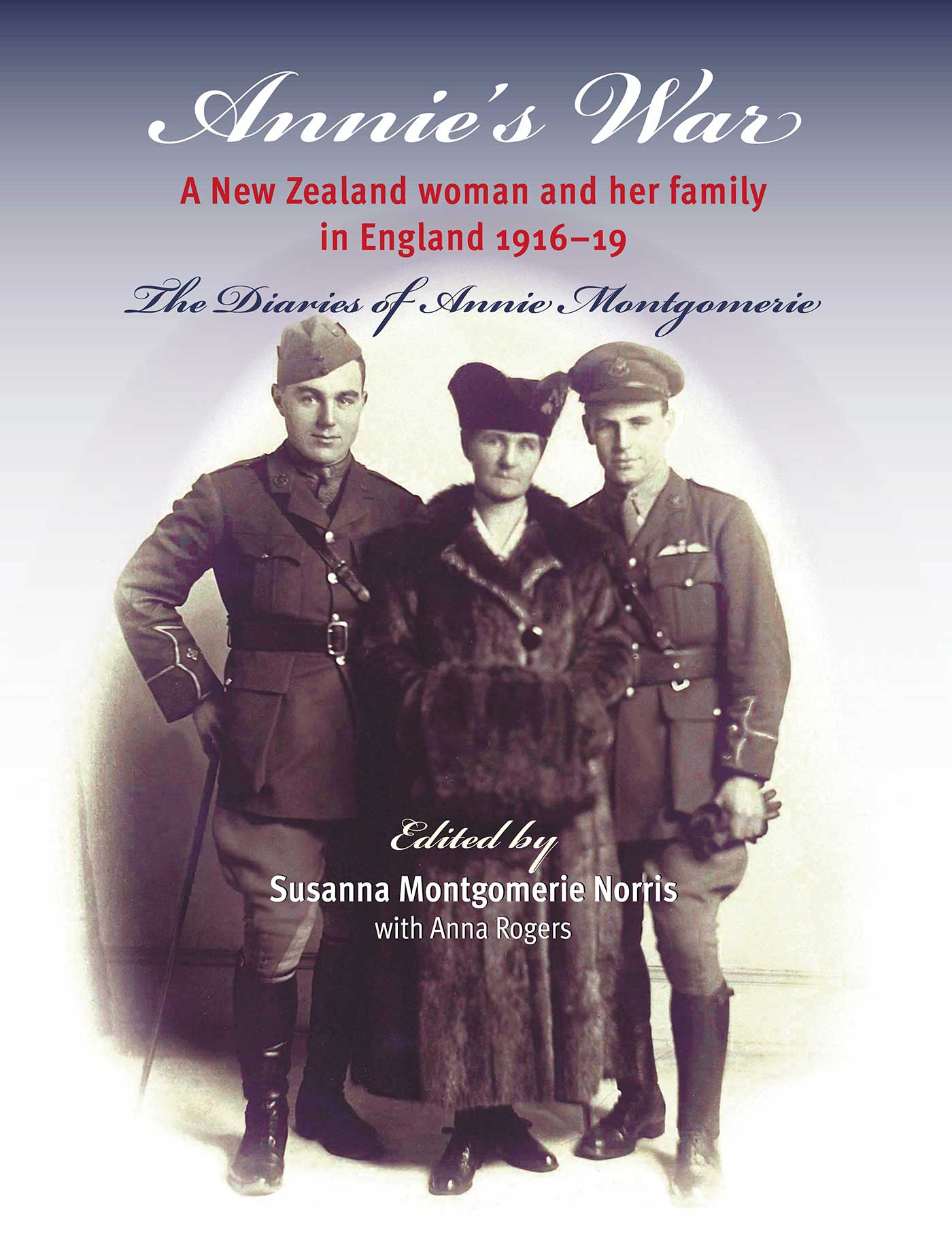This book is dedicated to Annie and Rogers great-grandchildren, Hew, Jane, Belinda, Edward, Debbie, David, Richard, Meredith and Hayden.
P.O. Box 56 / Level 1, 398 Cumberland Street
The moral rights of the author have been asserted.
A catalogue record for this book is available from the National Library of New Zealand.
This book is copyright. Except for the purpose of fair review, no part may be stored or transmitted in any form or by any means, electronic or mechanical, including recording or storage in any information retrieval system, without permission in writing from the publishers.
ACKNOWLEDGEMENTS
My first thanks must go to my grandmother, Annie, without whom this book would not have happened, and to my Aunts Winifred, Alex and Beryl, who kept her diaries and memorabilia. My very great thanks to my cousin, John Montgomerie, who first showed me the diaries 13 years ago, and has provided such wonderful background material and photos. I am delighted that we have been able to talk over and share so much of this family story.
This book would never have come to fruition without the enthusiasm and invaluable help of Glyn Harper, Professor of War Studies at Massey University, whom my husband Mike and I first visited in 2012. Glyn has really been part of the team.
Anna Rogers is a wonderful editor, who has assisted me through many ups and downs. Her footnotes add so much interest to the book and she knows how to edit and yet keep the essence of the text. My heartfelt thanks, Anna. Annies War owes so much to you.
I am grateful to Rachel Scott, the publisher at Otago University Press, whose guidance and help have brought the book to print. My thanks, also, to all her team.
I thank my son Hew and sister Egidia for their ongoing support, and Joan Rosier Jones, who gave me so much guidance and backing in the early years. Anita Miller helped to type out the diaries over four years of deciphering spidery writing. Scott Flutey helped me to see how the computer made all this possible, and when the computer appeared to have lost it, Jordan Rees came to the rescue. Thank you all.
Hinemoa and Ed Boyd and the staff at H & A Print were most helpful in dealing with the manuscript pages as they came through from Anna and did the binding for me. Lesley and Rochelle at Paiges Book Gallery in Wanganui have always shown great enthusiasm for this book, and the staff at Aramaho Books and Lotto organised the safe couriering of 100-year-old photos and documents to Dunedin.
Thanks, also, to my friend, chemist Sue Gardener, who spent hours checking the drastic-sounding medications Annie used to treat her family and herself, to Lloyd Hook in Temuka, who made great efforts to check out the family of Fergie, who features so much in the diaries, and to Geof Elston at Timaru Boys High, where Fergie went to school.
Patrick Jones in the United Kingdom, who had two grandfathers who were First World War pilots, very kindly organised a website for my father Setons diaries and letters. My husband and I really appreciated meeting him in London on two occasions. Felicity Campbell, a local historian, gave support. Evelyn Williames supplied the photo of her grandfather, John Tilley, a second cousin who gave Annie so much support and comfort in terrible times. Friends who have always taken an interest in the project include Val Cowan, Michelle Watson and Cynthia and Ken Henderson. Thank you all.
Finally, I give many, many thanks to my ever supportive and computer literate husband, Mike. He helped me to decipher and type out the diaries, and together we visited so many of the places mentioned in this book. Without Mike this book would have never been completed.
Susanna Montgomerie Norris
June 2014
FOREWORD
Annies War is a special book. It presents the reader with not only the forthright views of an articulate and intelligent woman during the First World War, but the history of a New Zealand family in those hard years. This unique volume is a tribute to Susanna Norriss dedication in preserving her family records and to her determination to have her grandmothers remarkable diaries published. Otago University Press is also to be congratulated for producing a very different type of publication on New Zealand and the First World War.
When Roger and Annie Montgomerie leave New Zealand with their four children in June 1916, bound for London, they have no idea what is ahead of them. The intention is that the two boys, Oswald and Seton, will enlist and that possibly 50-year-old Roger may take the Kings shilling too. Many trials and tribulations lie ahead but the family soon finds itself at the centre of world events. The Montgomeries are in Britain during the frequent nightly Zeppelin raids and witness two Zepps being shot down. They are caught up in the spy mania sweeping the land. Annie observes, with sharp criticism, the numerous London prostitutes targeting the well-heeled Anzac soldiers. She records the daylight bombing raids on the city. The Montgomeries not only witness the deadly influenza virus of 1918 sweep the land but members of the family soon fall victim to it. And Annies diary records it all.
At the heart of Annies war, though, is her overwhelming concern for two sons on active service. Both Oswald and Seton eventually join the Royal Flying Corps as pilots. This was a dangerous occupation, especially the actual process of obtaining ones wings. More RFC pilots were killed in training accidents than through enemy action. Both boys have some narrow scrapes and one is wounded while serving on the Western Front with his squadron.
Several themes emerge from Annies writings but three are especially evident. The first is her hatred of the war, which is taking the lives of so many fine young men and women. After watching a film about tanks on 6 February 1917, she writes in her diary: The pictures were very good but sad and depressing to me anyhow. I hate war with all its cruelties and injustices. In December 1917, when her youngest son Seton is about to depart for the Western Front, at only 19 years of age, Annie echoes what many mothers must have felt: My precious baby boy going to France tomorrow. Im just stupid and headachy and stunned.
A second powerful theme is Annies, and the rest of the familys, growing sense of national identity. They are proud to be New Zealanders and soon realise that they are different from the English. As Annie states, shortly after her arrival in Britain: Little NZ doesnt need to stand aside for anything. She complains bitterly about English arrogance, muddle and incompetence, and is very vocal about the many fine qualities of people from New Zealand, Australia and the other colonies. On 12 July 1917 Annie writes:

